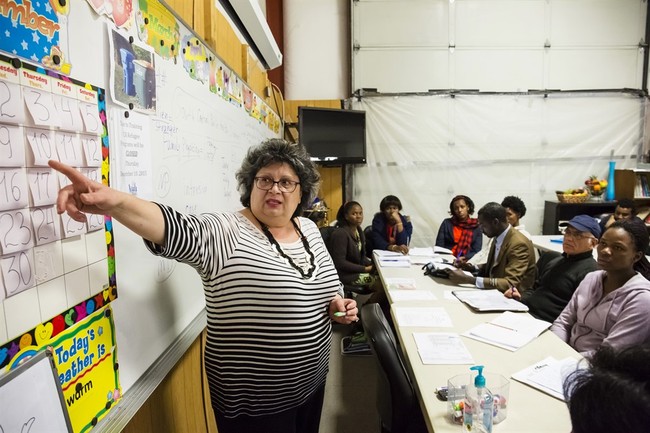UC San Diego’s new report shows incoming students are arriving far less prepared in math and writing, exposing a deep and growing failure in K-12 education that is forcing universities to step in with remedial courses and straining higher education’s mission.
The University of California – San Diego has released a stark assessment: freshman academic readiness is falling quickly, and the gaps span basic arithmetic through high school math. Remedial needs are no longer rare anomalies but a recurring necessity that universities must address. This is not just a local problem; it points to systemic breakdowns across the schooling pipeline.
UCSD notes a dramatic jump in students needing remedial math, from roughly one percent in the past to 12.5 percent today. That shift forced the school to design classes that cover math skills normally taught in elementary and middle school as well as courses that patch holes from high school math. Those are expensive, time-consuming fixes for a problem that starts long before college.
Students who entered high school during the pandemic are now arriving on college campuses, and UCSD’s report makes a clear connection between disrupted schooling and lower preparedness. The university is careful to point out timing and correlation without oversimplifying every cause. Still, the scale of the decline demands attention beyond temporary explanations.
NEW: UC San Diego has released a new report documenting a “steep decline in the academic preparedness” of its freshmen.
The number of entering students needing remedial math has exploded from 1/100 to 1/8.
They’ve had to create a second remedial class covering elementary and… pic.twitter.com/86yKGQN7M2
— Steve McGuire (@sfmcguire79) November 11, 2025
The troubles are not limited to numbers. UCSD found that roughly 20 percent of its incoming students cannot write at a basic college level, forcing instructors to allocate precious classroom time to fundamental composition skills. Writing is core to success across fields, and when a fifth of students lack basic competency, degree completion and classroom standards are at risk. This weak foundation undermines the whole idea of higher education as a ladder of opportunity.
On basic math comprehension, the data are grim: just 19 percent of students answered eighth-grade math questions correctly in assessments the report cites. That single figure should register as an emergency for anyone who cares about workforce readiness and civic literacy. If students struggle with middle school concepts, colleges must pick up the slack or see outcomes collapse.
UCSD points to several culprits beyond pandemic learning loss, including a drift away from standardized testing and grade inflation that masks true preparedness. When grades and credentials no longer signal actual skills, universities and employers both suffer. The report warns that policies which obscure real learning make remediation more likely and more costly.
The report highlights specific classroom failures: one in four students tested at UCSD missed a basic math question, demonstrating gaps in fundamental numeracy. The authors included a simple example and noted plainly, “The answer, of course, is three.” Those plain facts are uncomfortable but necessary to state. They show the distance between college expectations and what many students actually know.
UCSD expresses a hard truth about capacity and mission. “If we take seriously our mission as an engine of social mobility, we must be prepared to support students who have been underserved by their prior schooling,” the university wrote. The report adds, “But our capacity is not limitless. We can only help so many students, and only when the gaps they need to overcome are within reach.”
The university’s follow-up warning is equally blunt: “Admitting large numbers of students who are profoundly underprepared risks harming the very students we hope to support, by setting them up for failure.” That line calls out a painful trade-off between access and outcomes, and it puts the consequences squarely where policymakers and education leaders can see them.
This debate is political as well as practical. While some defend a large federal role in schooling, others argue state and local control would allow faster, more accountable fixes. President Trump and his administration have sought to shift power away from a centralized Department of Education and return more authority to states and communities, arguing that the federal apparatus has failed to halt national decline.
The UCSD report should prompt a hard look at how curricula, assessments, and accountability mechanisms changed over the last decade. Policymakers must decide whether to restore standards, incentivize literacy and numeracy, and ensure that high school diplomas truly mean college readiness. Without that kind of serious reform, universities will keep filling gaps they were never meant to carry indefinitely.
Editor’s Note: President Trump is fighting to dismantle the Department of Education and ensure America’s kids get the education they deserve.






